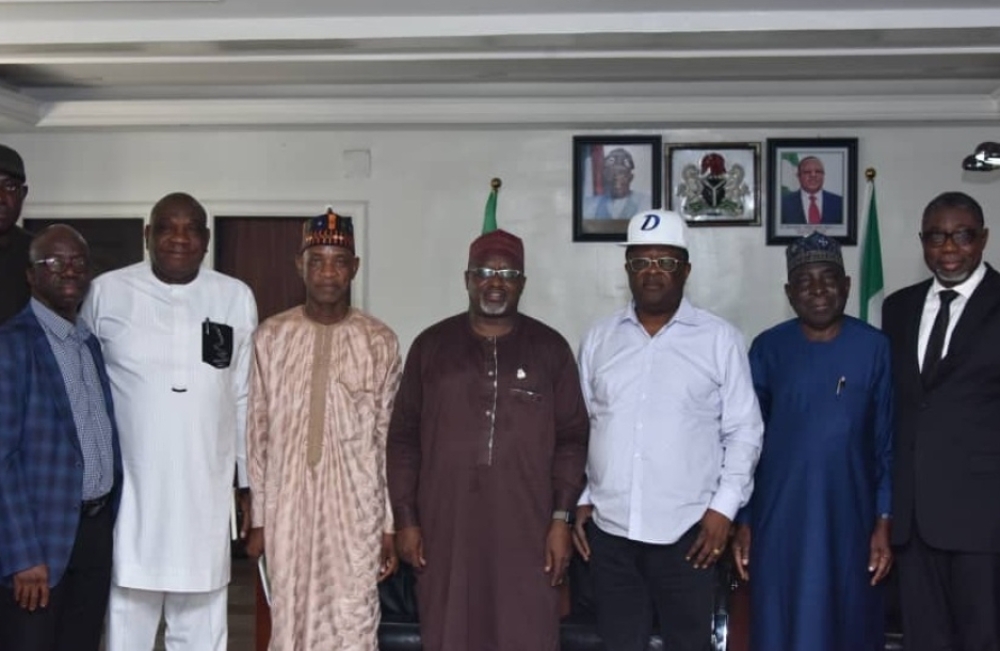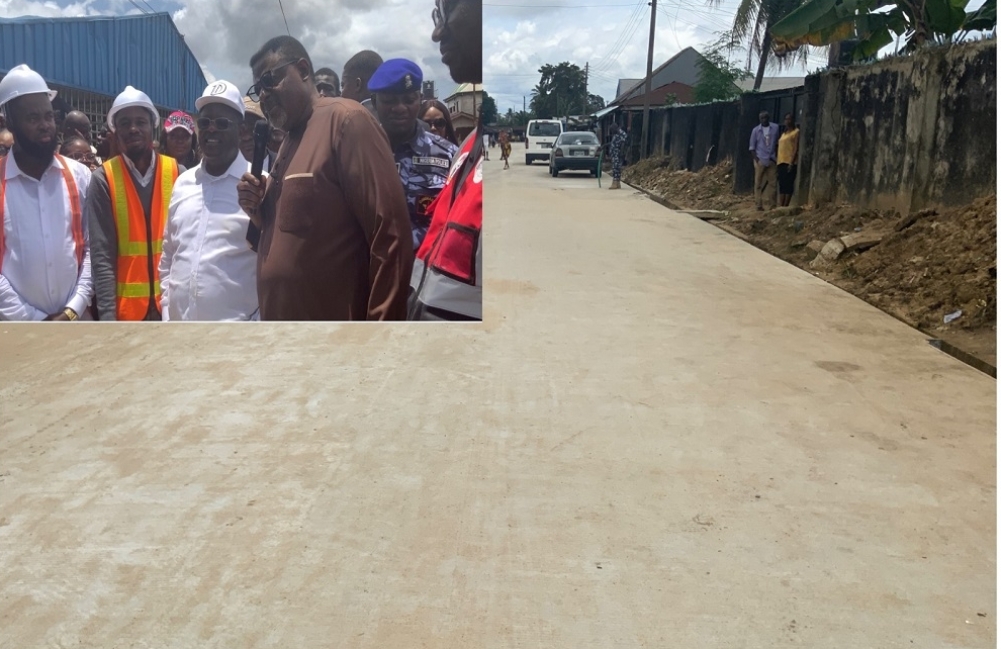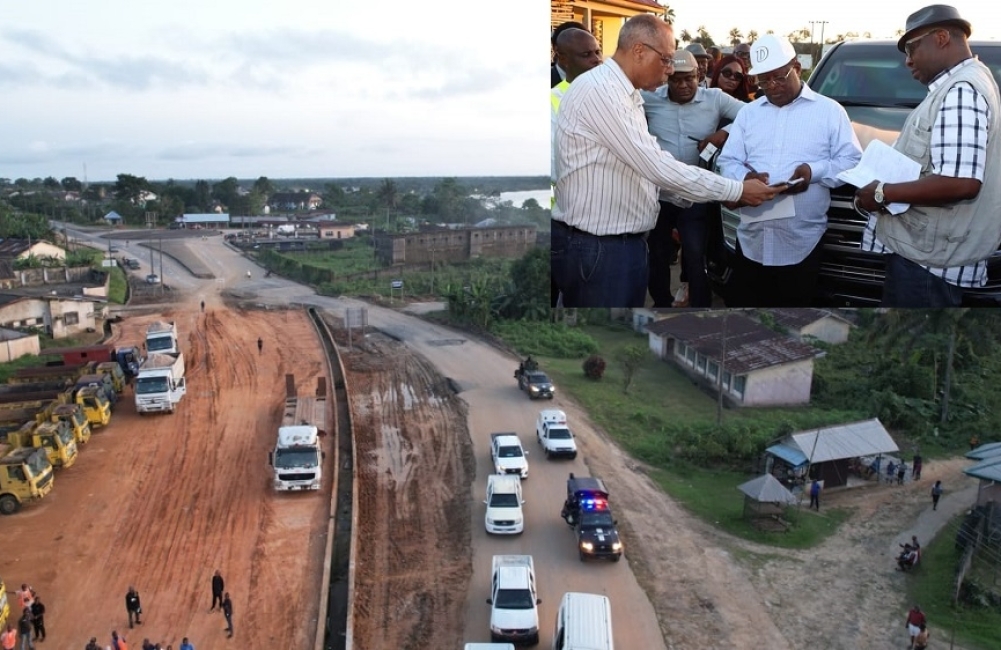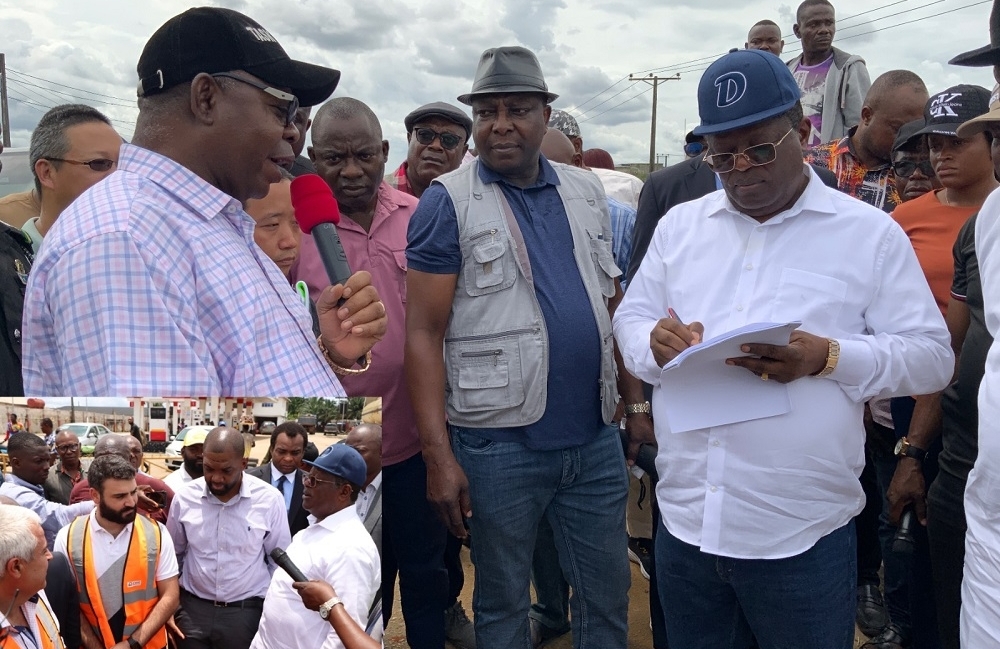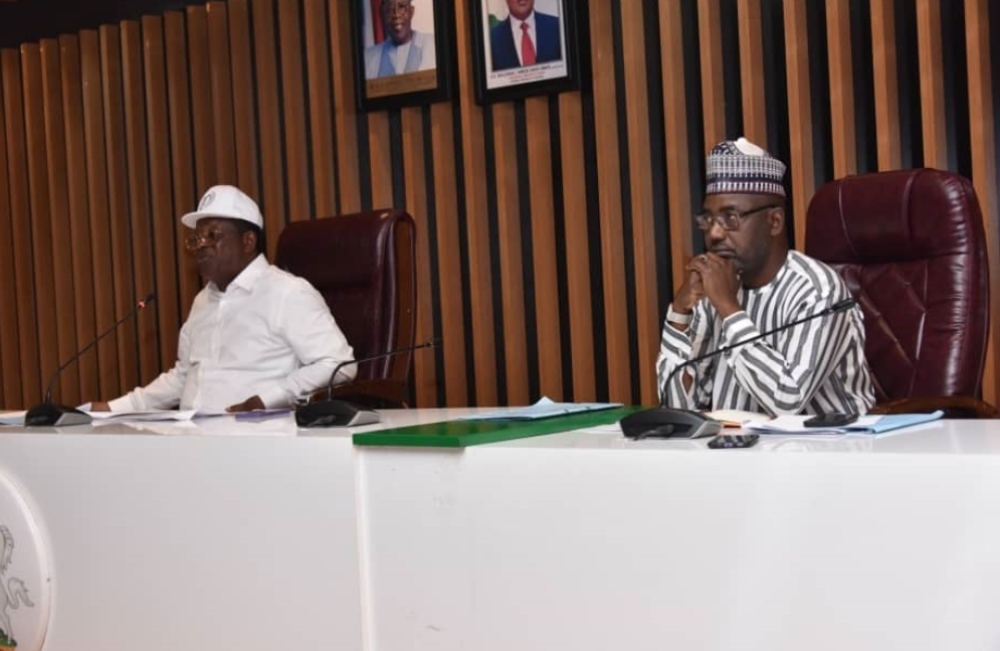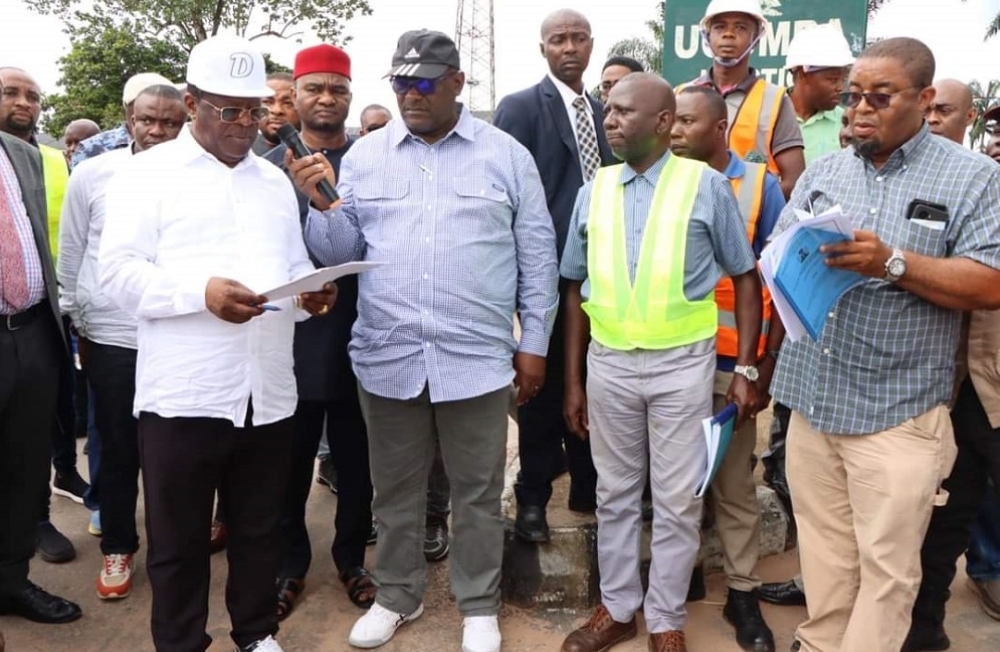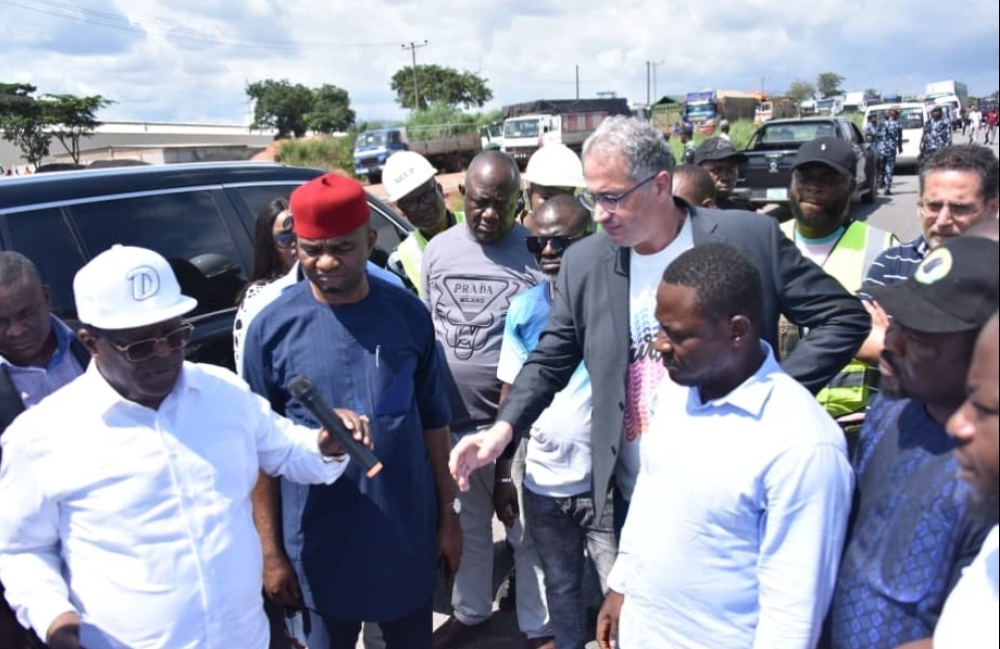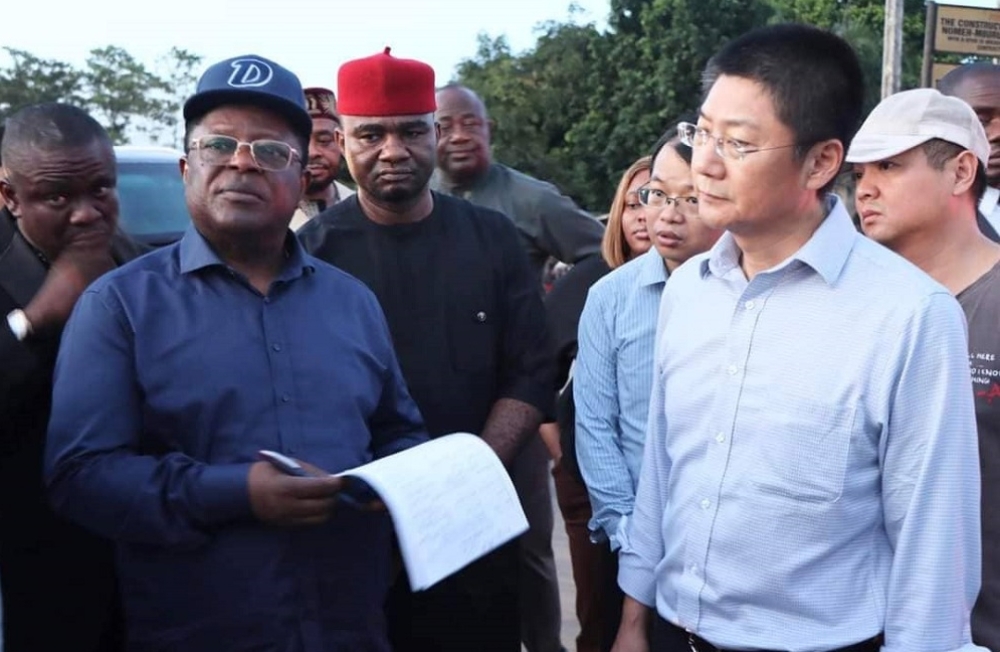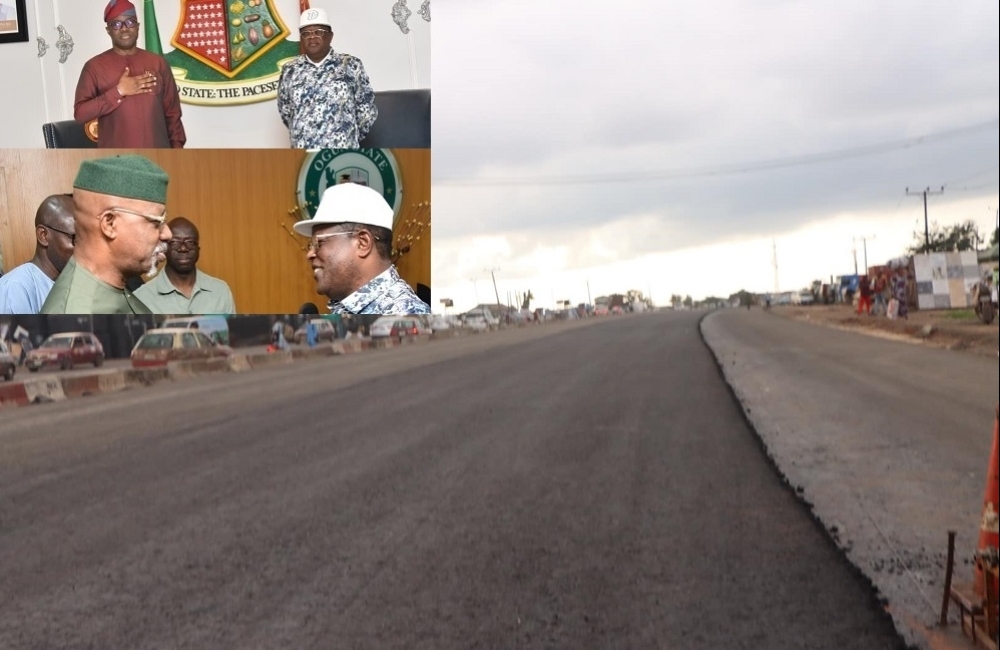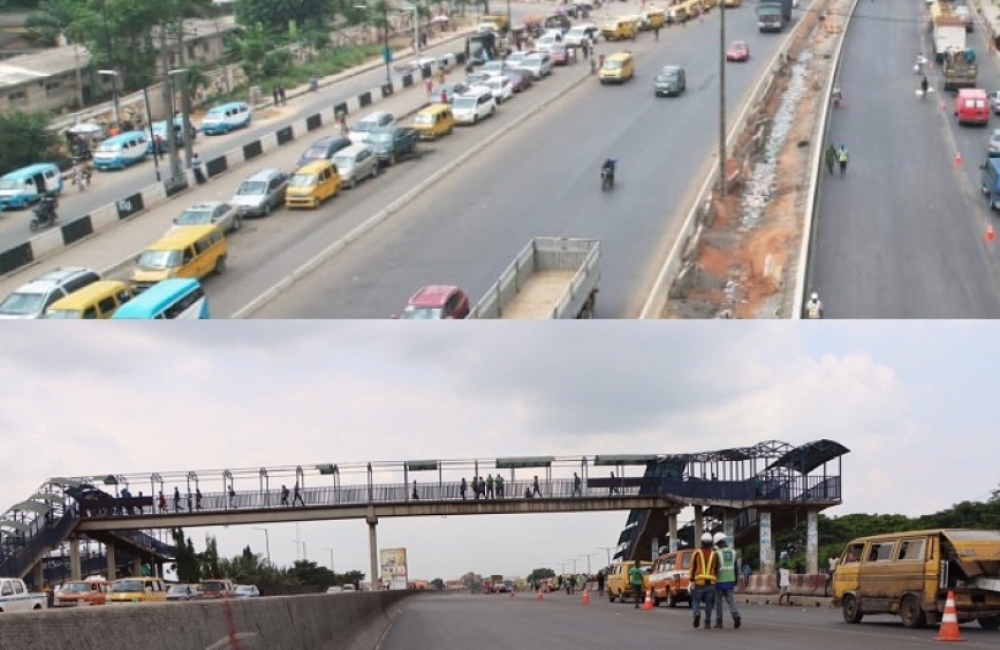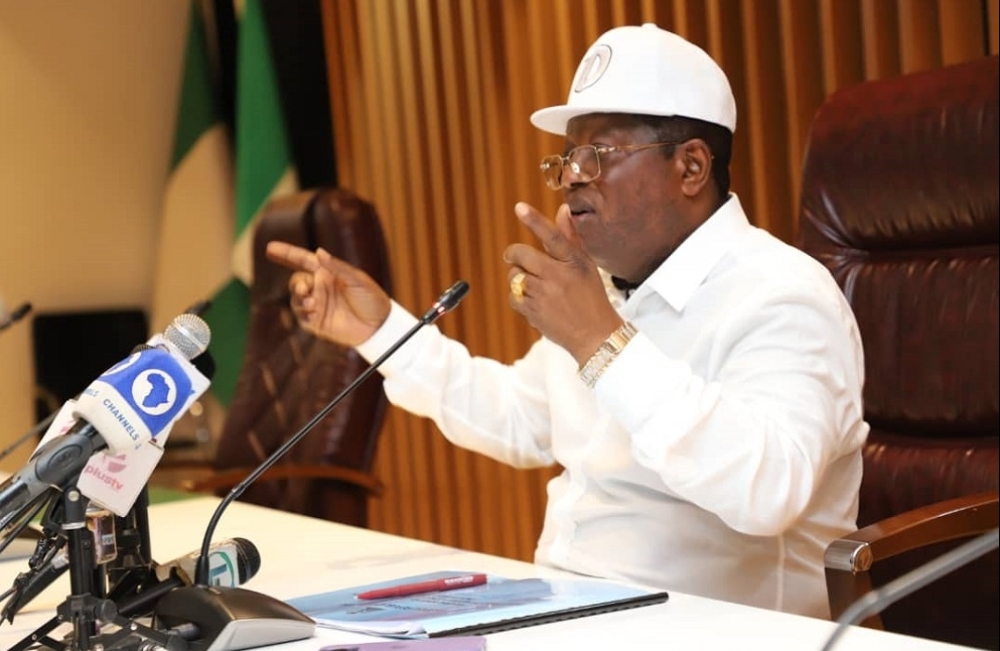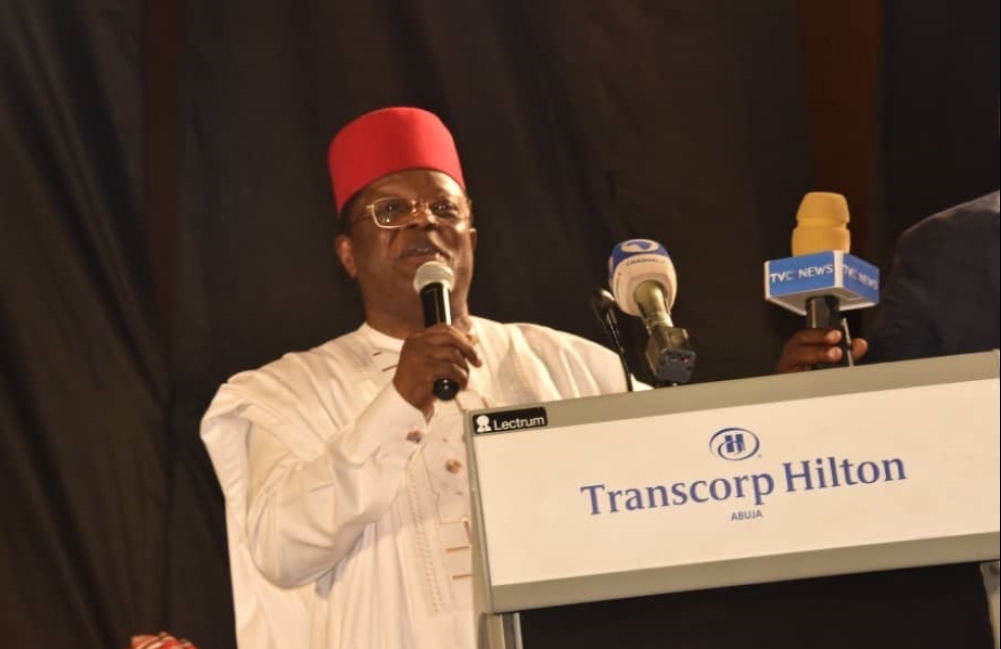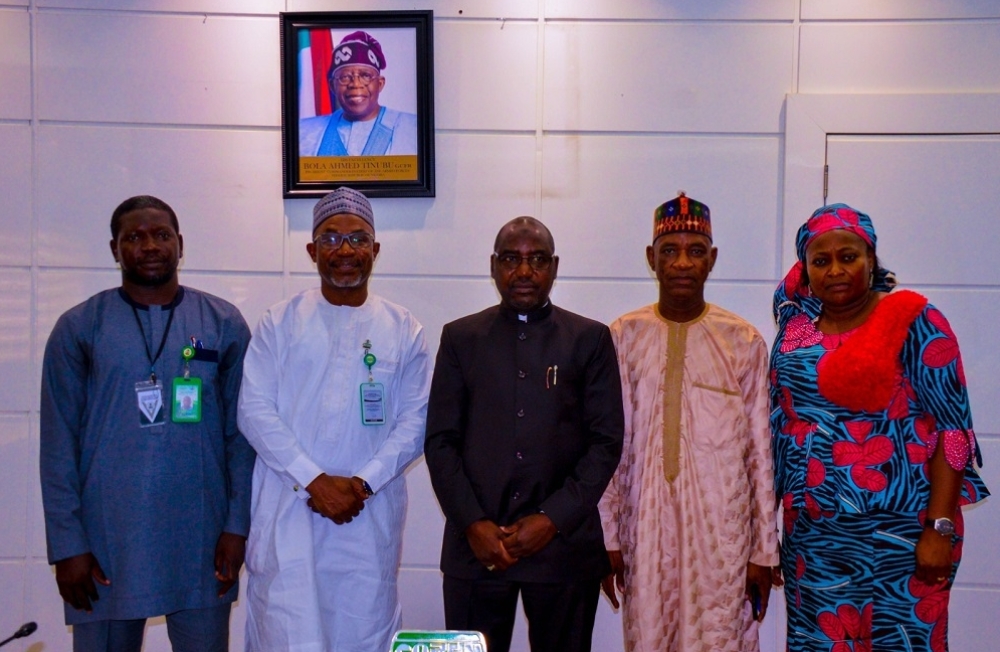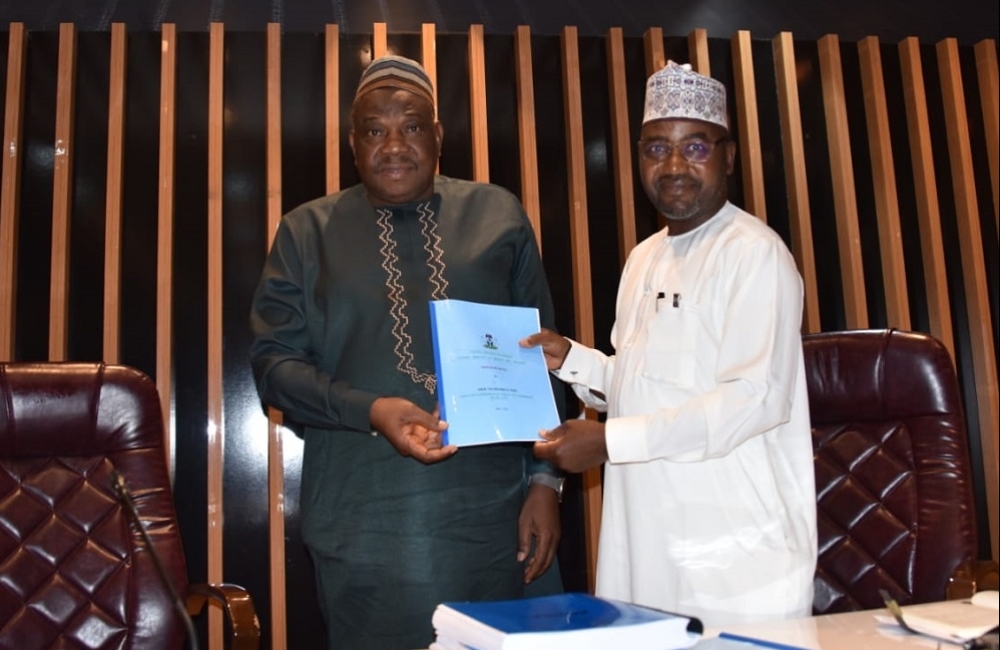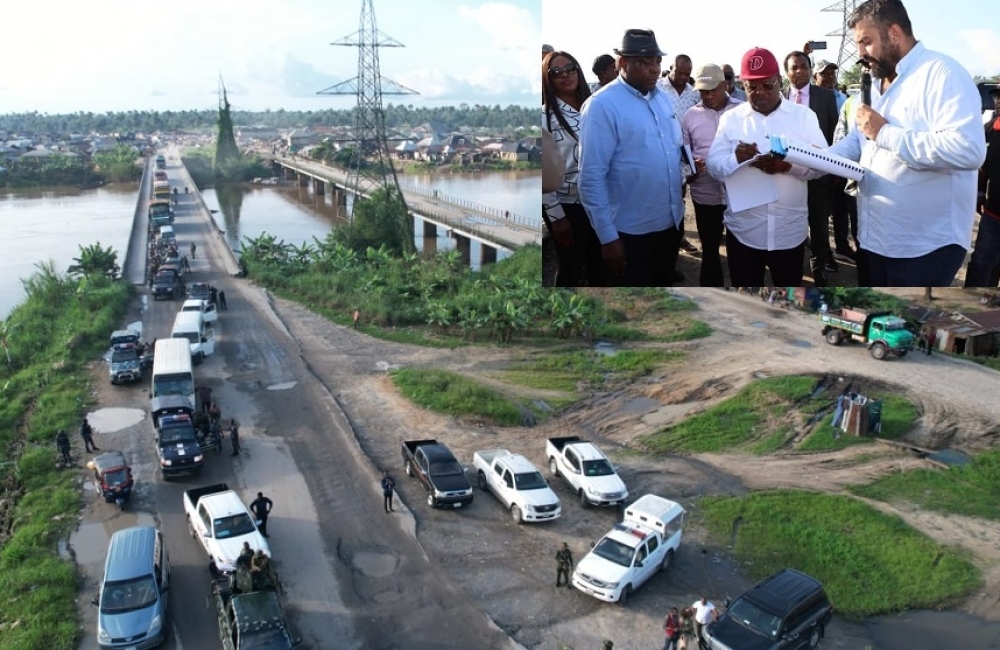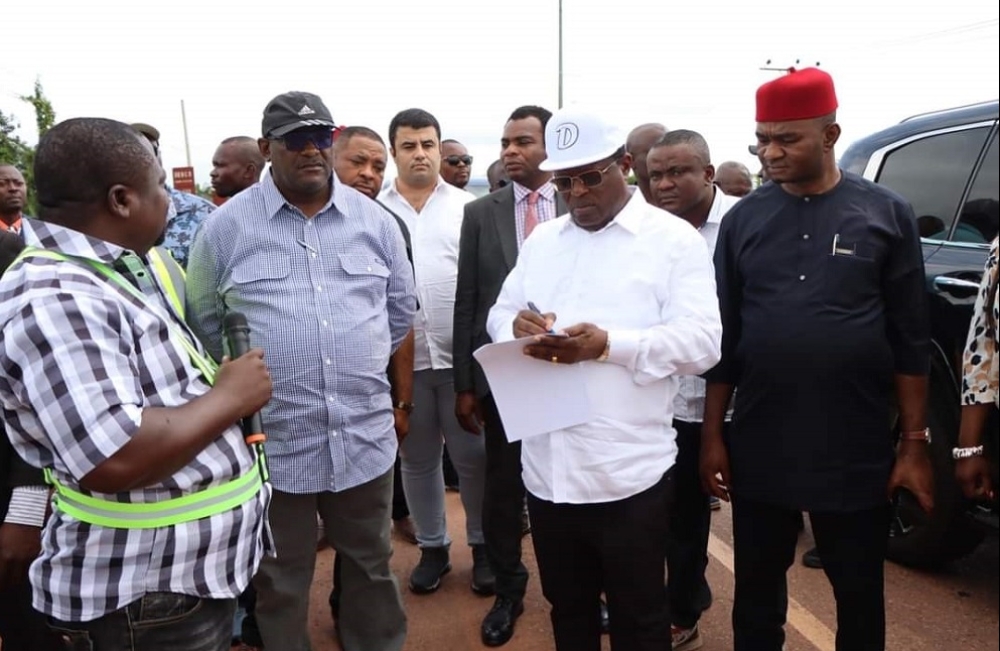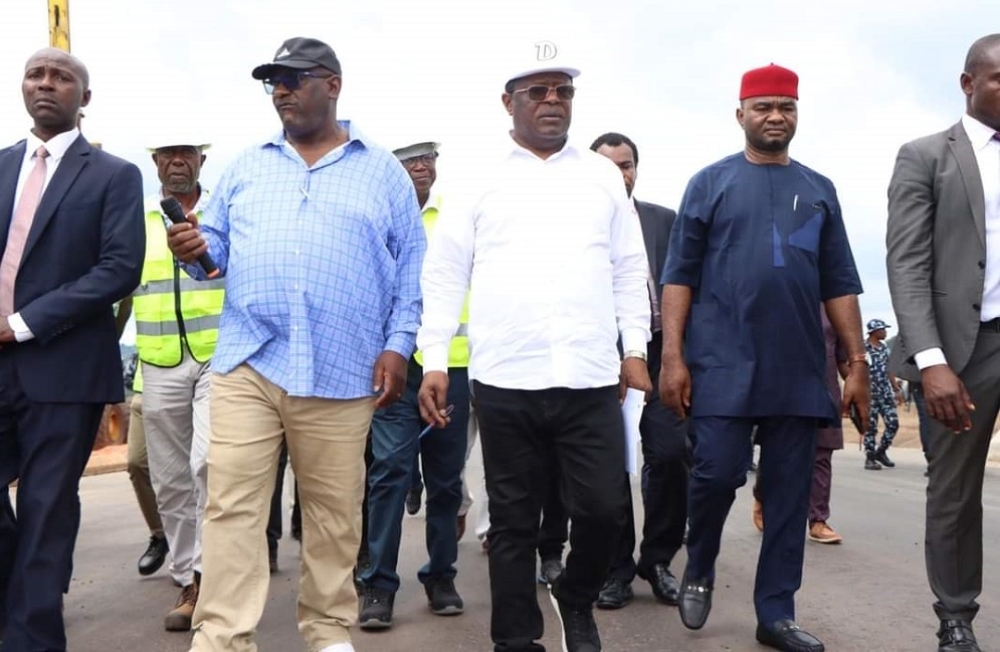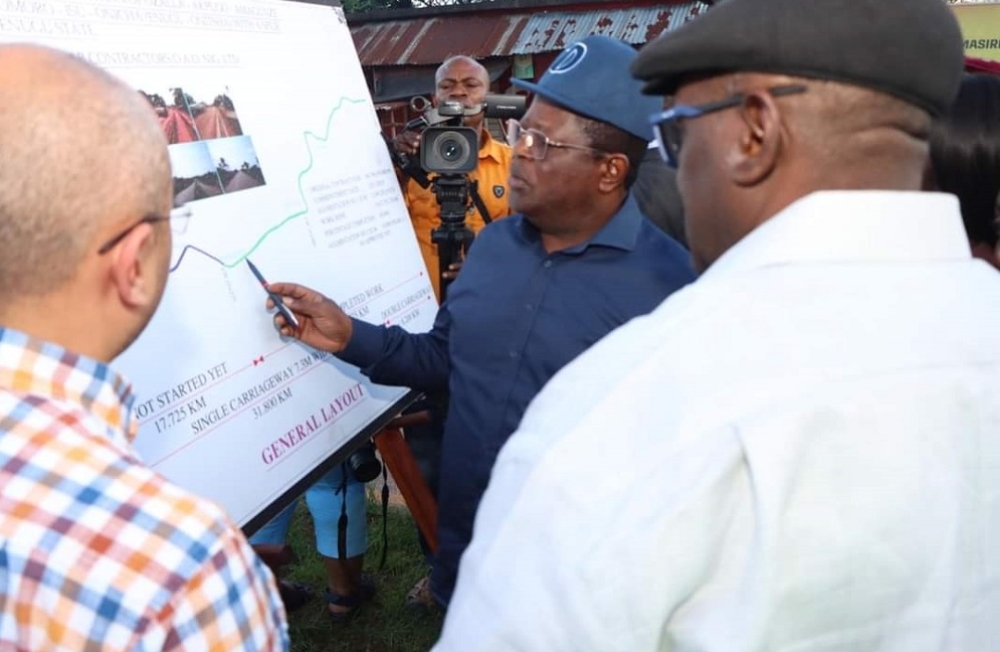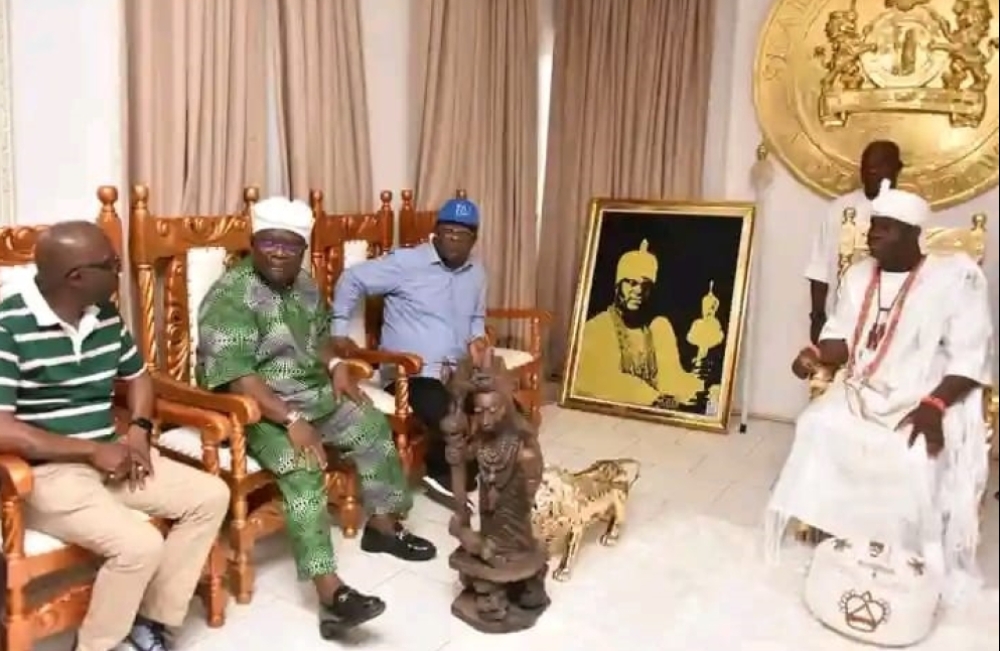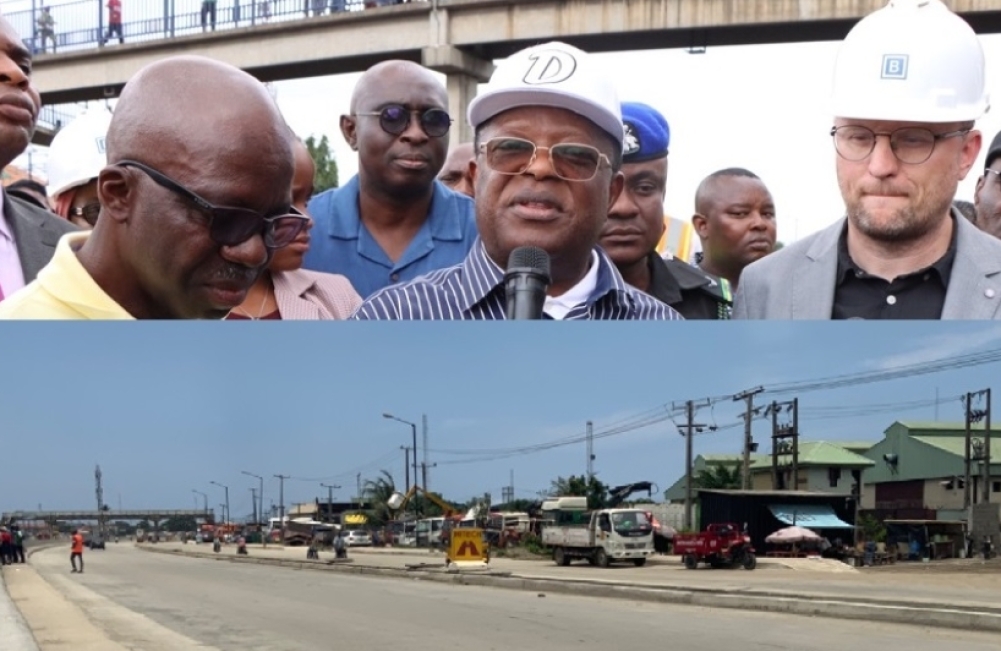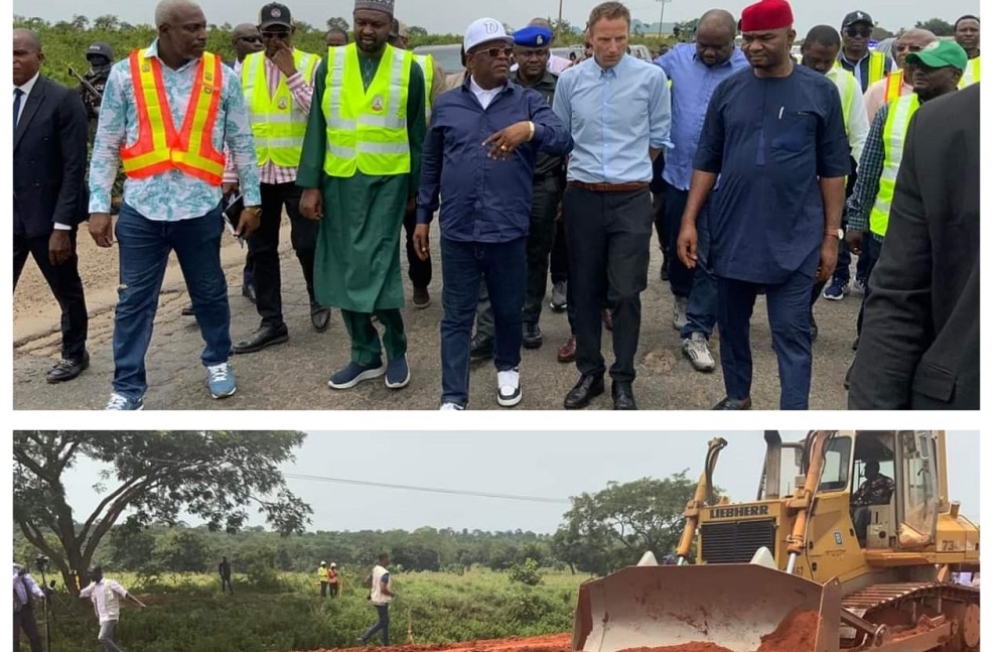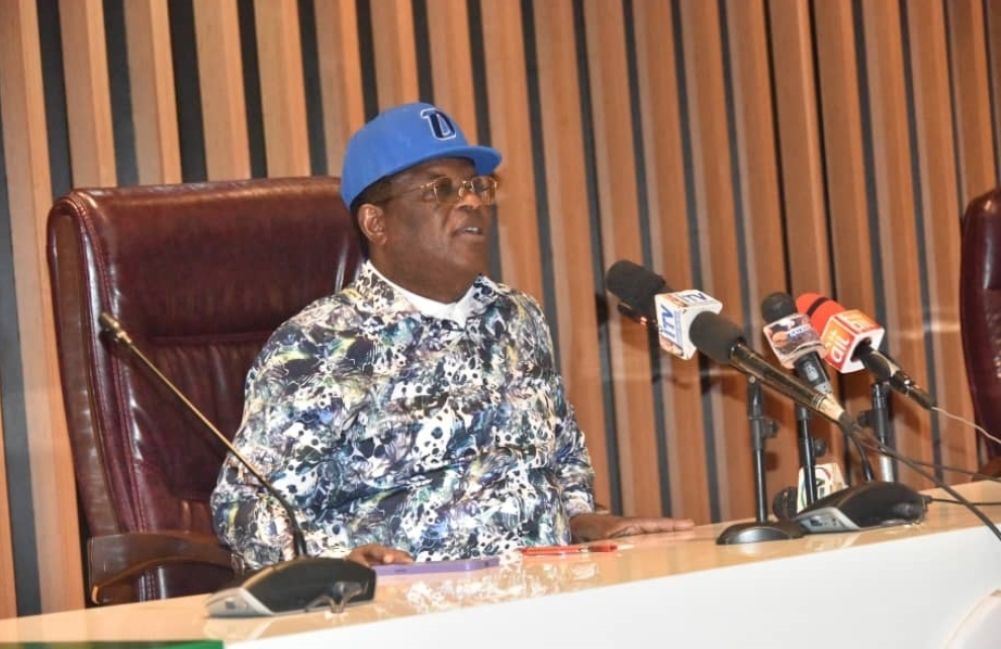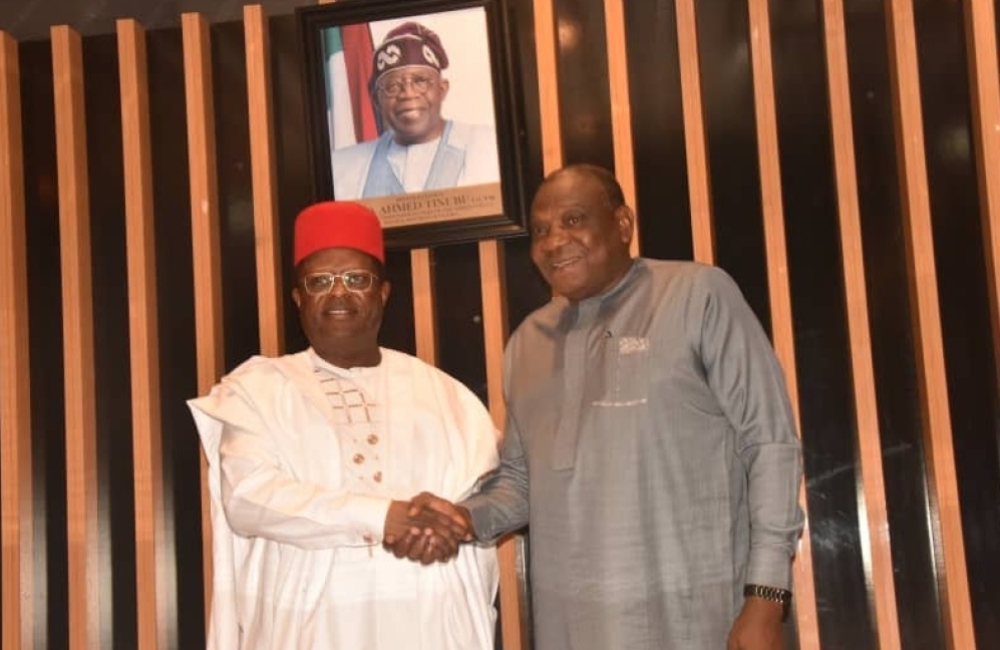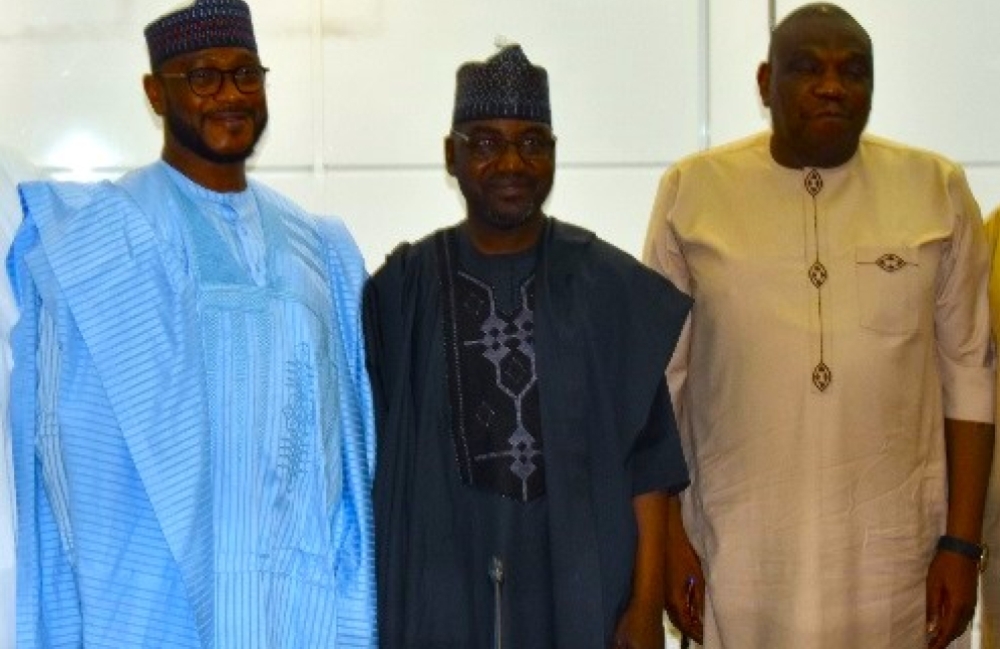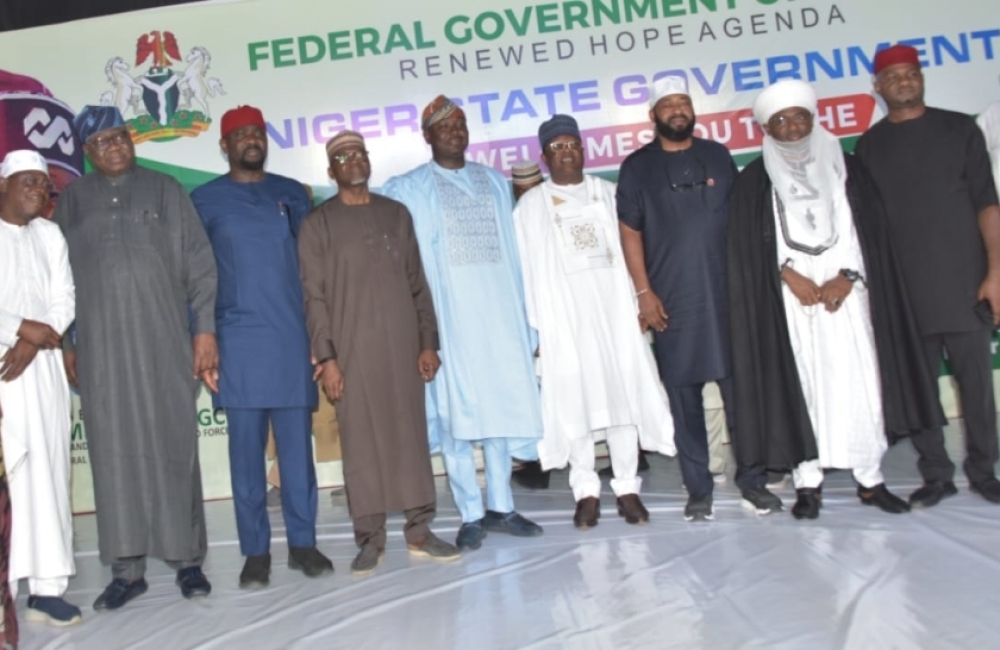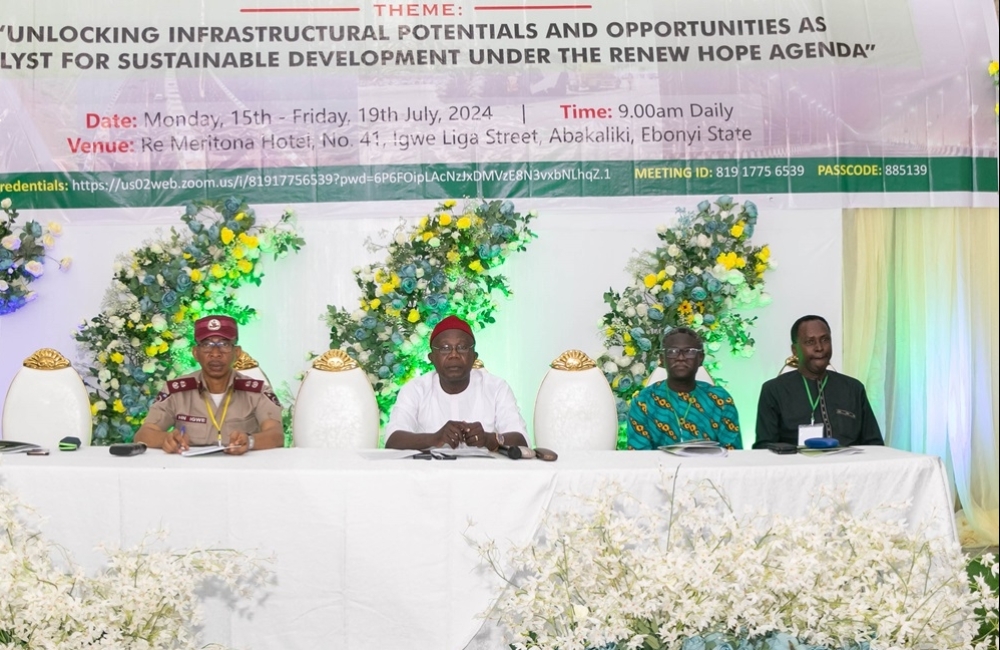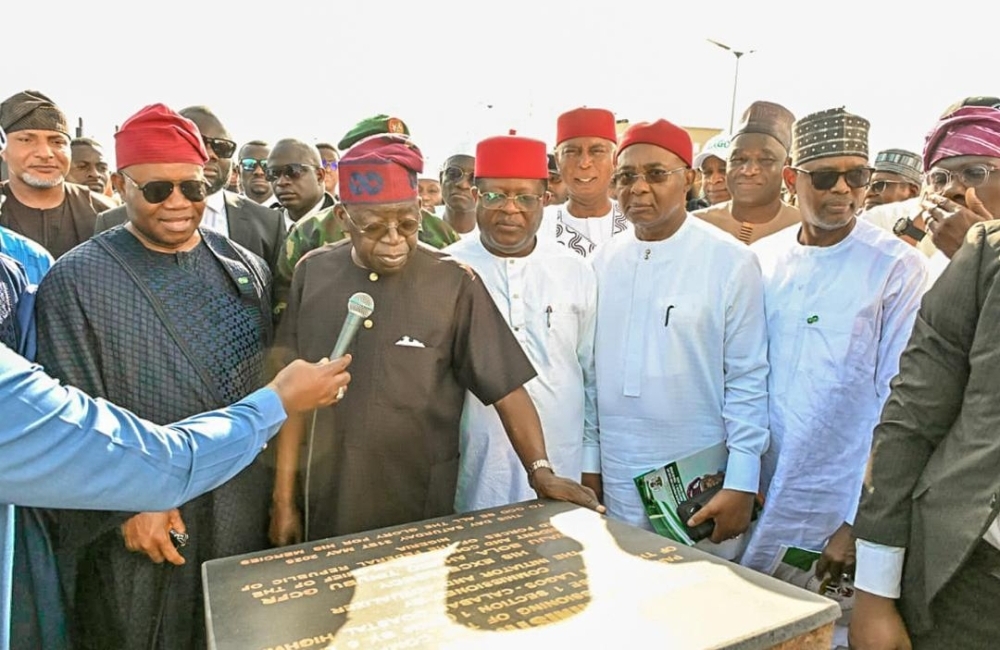
DRIVING NIGERIA’S FUTURE: CELEBRATING TWO YEARS OF TRANSFORMATIVE LEADERSHIP AND THE LAGOS-CALABAR COASTAL HIGHWAY MILESTONE
In a historic ceremony marking the successful completion of two years in office by President Bola Ahmed Tinubu, GCFR, the Federal Government officially commissioned the completed 30-kilometre portion of the 40.7- kilometre Lagos-Calabar Coastal Highway, Phase 1, Section I and several others, as well as flagged off the construction of new roads, in the Southern region, symbolically. The event, which was held in Lagos on Saturday, 31st May 2025, was performed by His Excellency, President Bola Ahmed Tinubu, GCFR. It brought together eminent government officials including; the President of the Senate, Sen. Godswill Akpabio, GCON, the Secretary to the Government of the Federation (SGF), Sen. George Akume the Governors of Lagos, Ogun, Borno, Imo, Bayelsa, Kogi and Edo States, Captains of Industry, Contractors, Traditional Rulers and other Stakeholders Honourable Minister of Works, Engr. David Umahi, CON, FNSE, FNATE; the Minister of State for Works, Bello M. Goronyo, Esq; Governors Hope Uzodinma of Imo State and Dapo Abiodun of Ogun State; Senator Godswill Akpabio; and other distinguished guests.
In his opening remarks, President Bola Ahmed Tinubu, GCFR reflected on the bold strides made during his two years in office, under the Renewed Hope Agenda. He identified the Lagos-Calabar Coastal Highway as a flagship project that encapsulates the commitment to infrastructure development as a driver of economic transformation. Despite initial skepticism, the project has become a beacon of progress, connecting nine coastal states of Lagos, Ogun, Ondo, Delta, Edo, Bayelsa, Rivers, Akwa Ibom, and Cross River. It is projected to contribute up to US$12 billion annually to Nigeria’s GDP within its first decade. The President emphasised that the project will ease transportation, reduce costs of travel and vehicle maintenance, as well as travel time, and drive growth across agriculture, industry, tourism, marine, and commerce while creating thousands of jobs and expanding opportunities for Nigerians. He described the progress as clear evidence of purposeful leadership delivering tangible results.
Speaking, the Honourable Minister of Works, Sen. (Engr.) David Umahi, CON, praised the scope and significance of the project, describing the highway as a game-changer that not only connects nine littoral states but also unlocks vital trade and industrial corridors. He echoed the anticipated economic impact, reaffirming that the project will reduce transportation costs, shorten travel times, stimulate local economies, and create extensive employment opportunities for Nigerians. He appreciated the President for the vision and leadership, the Federal Executive Council (FEC) for its consideration and approval and the Minister of Finance for providing the counterpart funding.
The Minister of State for Works, Hon. Bello Muhammad Goronyo, Esq. reaffirmed the Federal Government’s unwavering commitment to national development through the provision of critical infrastructure. He emphasised that enhancing connectivity and fostering regional integration remain vital pillars for sustainable prosperity.
Delivering a Goodwill Message, the Senate President lauded the transformative potential of the project, spotlighting the strategic partnership between the government and private sector entities such as Hitech Construction Company. He described the highway as a “backbone for economic revitalisation” that will attract investment and create new avenues for economic empowerment.
Other goodwill messages echoed these sentiments and much more. Governor Hope Uzodinma of Imo State and the Chairman of the Progressive Governors Forum, commended President Tinubu’s resilience and clarity of purpose, recognising the highway as a powerful symbol of leadership that delivers on its promise. He expressed pride in the project’s pivotal role in national development and economic progress.
Governor Dapo Abiodun of Ogun State described the Lagos-Calabar Coastal Highway as a legacy of visionary leadership and focused execution. He underscored its visible socio-economic impact through improved interstate connectivity and increased commercial activity, stressing that the project will significantly improve lives and economies across southern Nigeria.
Earlier, in his welcome address, the Permanent Secretary, Federal Ministry of Works, Engr. Funsho Adebiyi, FNSE warmly welcomed all dignitaries and expressed heartfelt gratitude to Mr. President. He celebrated the milestone as a monumental achievement, noting that the highway will benefit not only the state on its alignment but the entire nation. He also emphasised that the project stands as a symbol of unity, progress, and a shared national vision for a more prosperous future.
Others completed road and bridge projects in the Southern part of the country that was symbolically commissioned by the President including;
i. Lagos-Ibadan Expressway, Phase 1, Section I (Shagamu-Ibadan) in Ogun and Oyo States,
ii. Ikorodu-Shagamu Road in Lagos and Ogun States,
iii. Lagos-Badagry Expressway (Agbara Junction - Nigeria-Benin Border in Lagos State,
iv. Dualisation of East-West Road, Section II, Subsection I, (Eleme Junction-Ahoada in Rivers State,
v. Upgrading of 15km of the East-West Road (Eleme Junction-Onne Port Junction) in Rivers State,
vi. Construction of a New Bridge to Replace the Near-Collapsed One at Akpoha in Ebonyi State,
vii. Rehabilitation of Enugu-Port Harcourt Expressway, Section III (Enugu-Lokpanta) in Enugu State,
viii. Reconstructed Collapsed Bridge at New Artisan Market in Enugu on the Enugu-Port Harcourt Expressway and
ix. Alesi-Ugep Road (Iyamoyung-Ugep) in Cross River State.
While those that were flagged off, also symbolically, included;
i. Rehabilitated Ibadan-Ife-Ilesha-Akure-Benin Road in Oyo, Osun, Ondo, and Edo States,
ii. Nembe-Brass Road, Section II in Bayelsa State and
iii. Section (107 Kilometres) of the Enugu-Onitsha Dual Carriageway in Enugu and Anambra States.
Mohammad Abdullahi Ahmed
Director, Press and Public Relations.
Close


